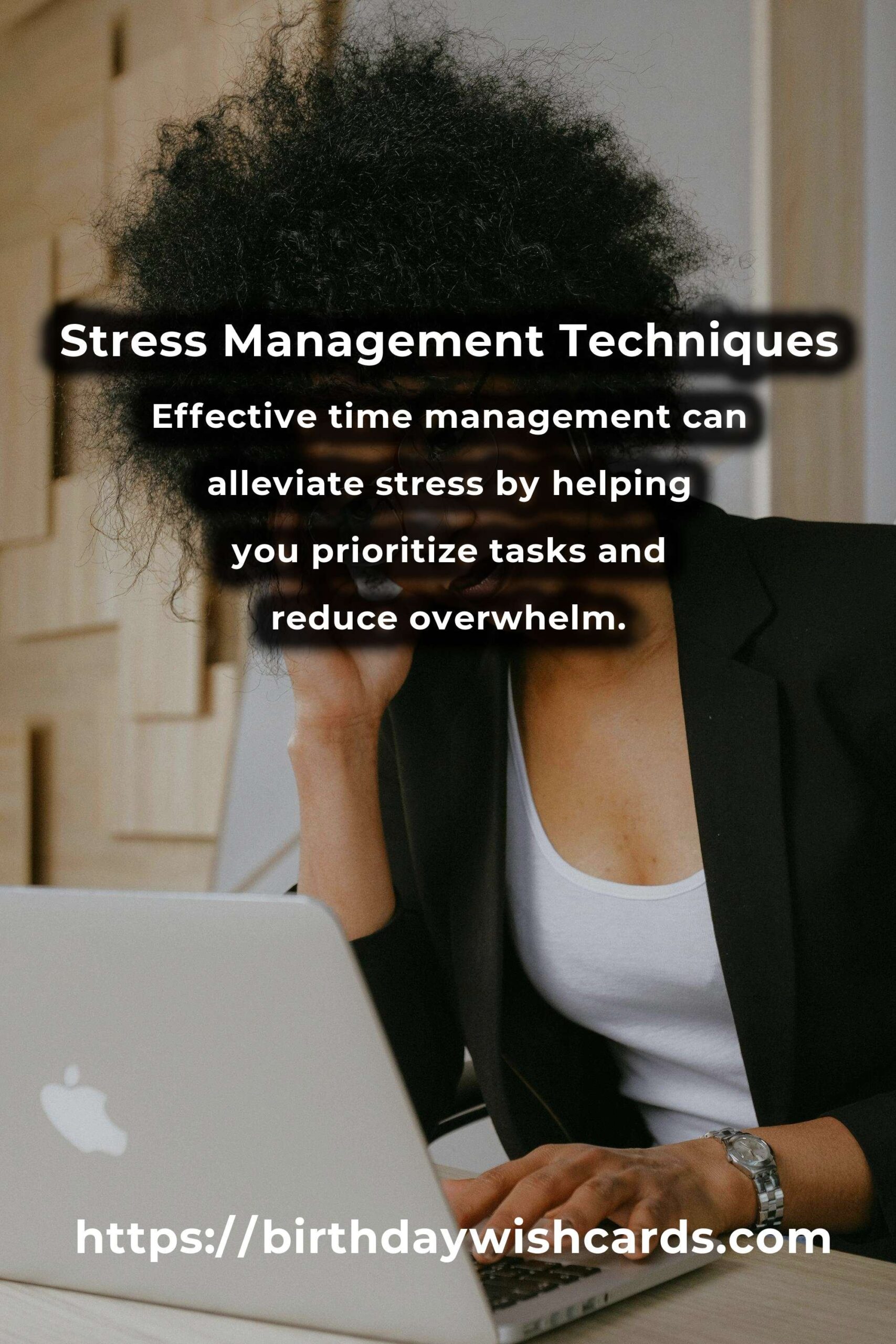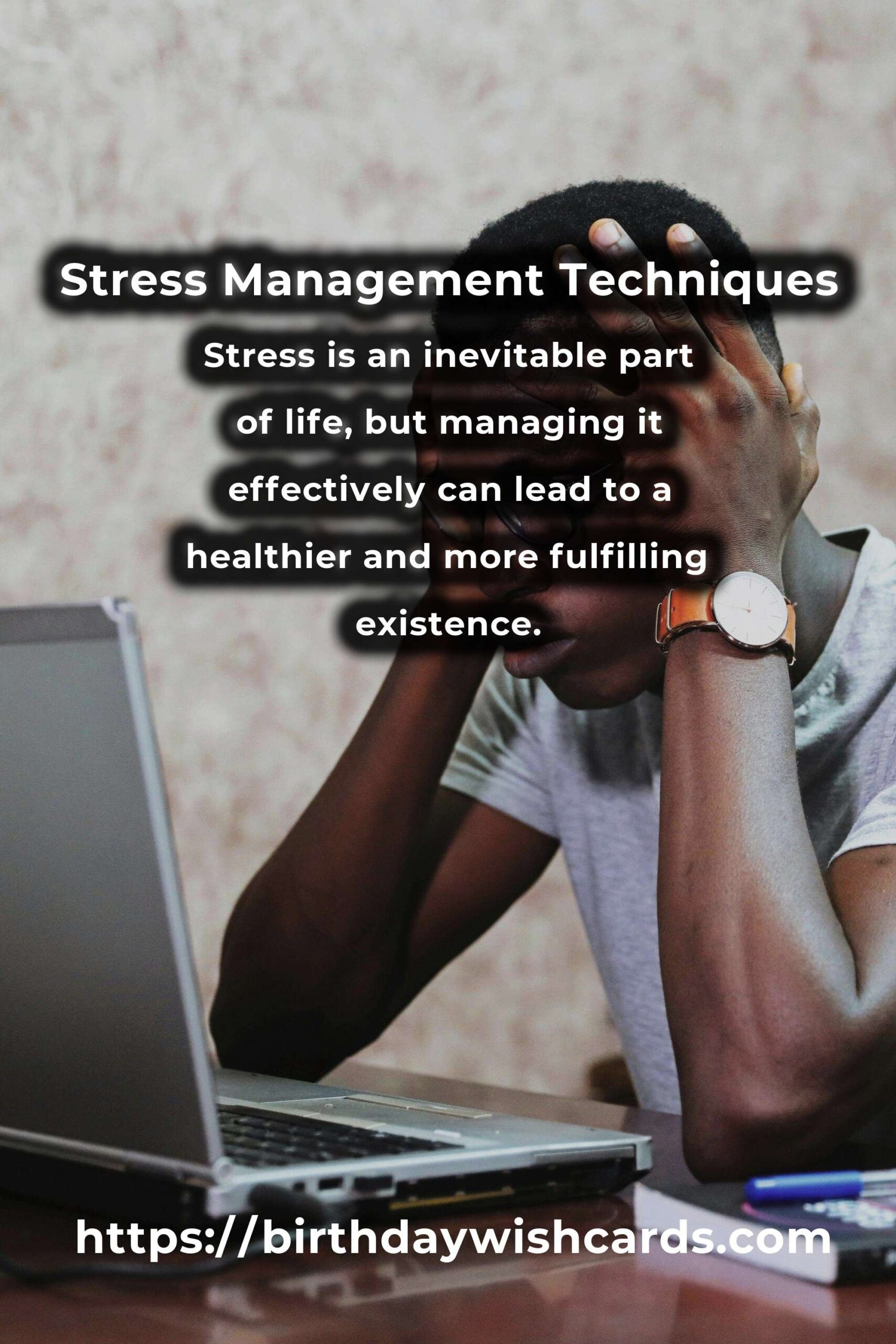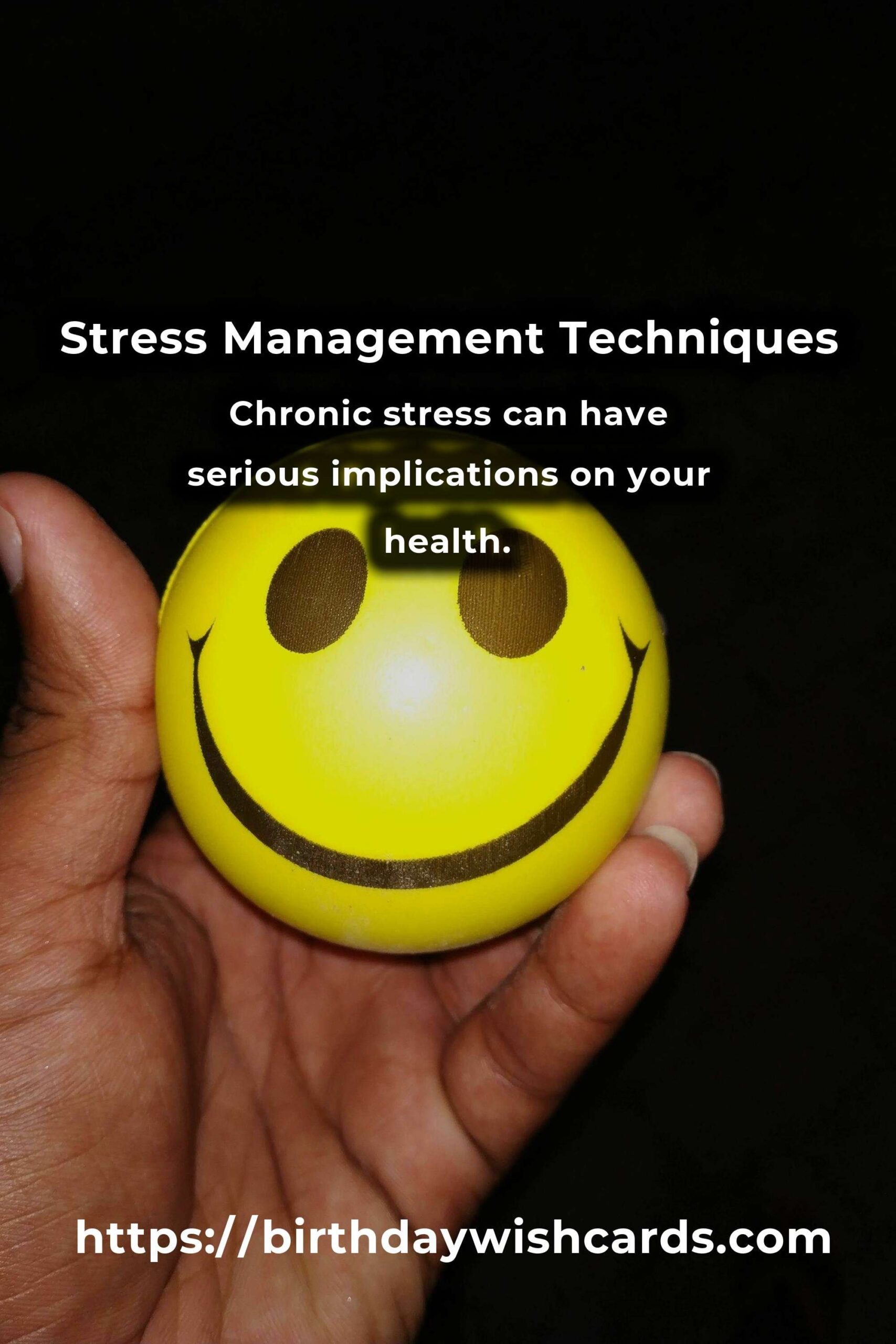
Stress is an inevitable part of life, but managing it effectively can lead to a healthier and more fulfilling existence. This guide covers various strategies to help you cope with stress and improve your overall well-being.
Understanding Stress
Stress is the body’s response to any demand or challenge. It can be triggered by various factors such as work pressure, personal relationships, or financial concerns. While a certain level of stress is normal, chronic stress can have serious implications on your health.
The Effects of Stress
Stress affects both the mind and body. Physically, it can cause headaches, fatigue, and digestive issues. Mentally, it can lead to anxiety, depression, and a lack of focus. Understanding these effects is crucial in taking steps to manage stress effectively.
Effective Stress Management Techniques
1. Deep Breathing Exercises
Deep breathing is a simple yet powerful technique to combat stress. It involves taking slow, deep breaths to help calm the nervous system and reduce anxiety. Practice deep breathing for a few minutes each day to experience its benefits.
2. Regular Physical Activity
Engaging in physical activity releases endorphins, which are natural mood lifters. Whether it’s a brisk walk, yoga, or a gym workout, regular exercise can significantly reduce stress levels.
3. Mindfulness and Meditation
Mindfulness involves being present in the moment and aware of your thoughts and feelings without judgment. Meditation is a form of mindfulness that promotes relaxation and stress reduction. Incorporating these practices into your daily routine can improve mental clarity and emotional resilience.
4. Time Management
Effective time management can alleviate stress by helping you prioritize tasks and reduce overwhelm. Use tools like calendars and to-do lists to organize your day and allocate time for relaxation.
5. Healthy Eating
A balanced diet supports both physical and mental health. Consuming nutrient-rich foods helps reduce the impact of stress and boosts energy levels. Avoid excessive caffeine and sugar, which can exacerbate stress symptoms.
Building a Support System
Having a strong support system can make a significant difference in managing stress. Friends, family, and professional counselors can provide emotional support and practical advice. Don’t hesitate to reach out for help when needed.
Conclusion
Stress management is an ongoing process that requires commitment and practice. By incorporating these techniques into your daily life, you can reduce stress and enhance your overall quality of life. Remember, it’s important to find strategies that work best for you and your lifestyle.
Stress is an inevitable part of life, but managing it effectively can lead to a healthier and more fulfilling existence. Chronic stress can have serious implications on your health. Deep breathing is a simple yet powerful technique to combat stress. Engaging in physical activity releases endorphins, which are natural mood lifters. Mindfulness involves being present in the moment and aware of your thoughts and feelings without judgment. Effective time management can alleviate stress by helping you prioritize tasks and reduce overwhelm. A balanced diet supports both physical and mental health. Having a strong support system can make a significant difference in managing stress.
#StressManagement #MentalHealth #WellBeing #Mindfulness #HealthyLiving












